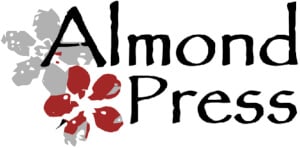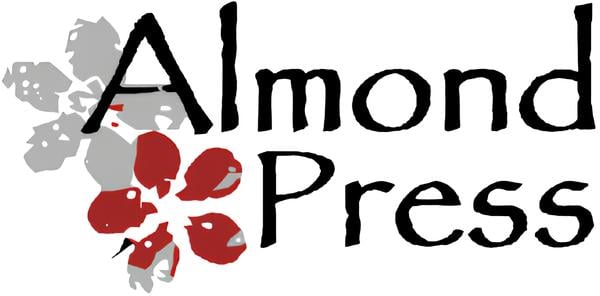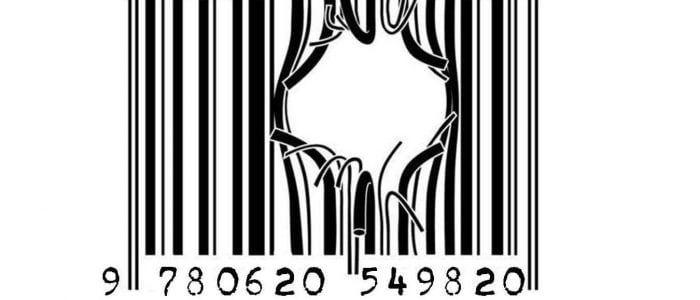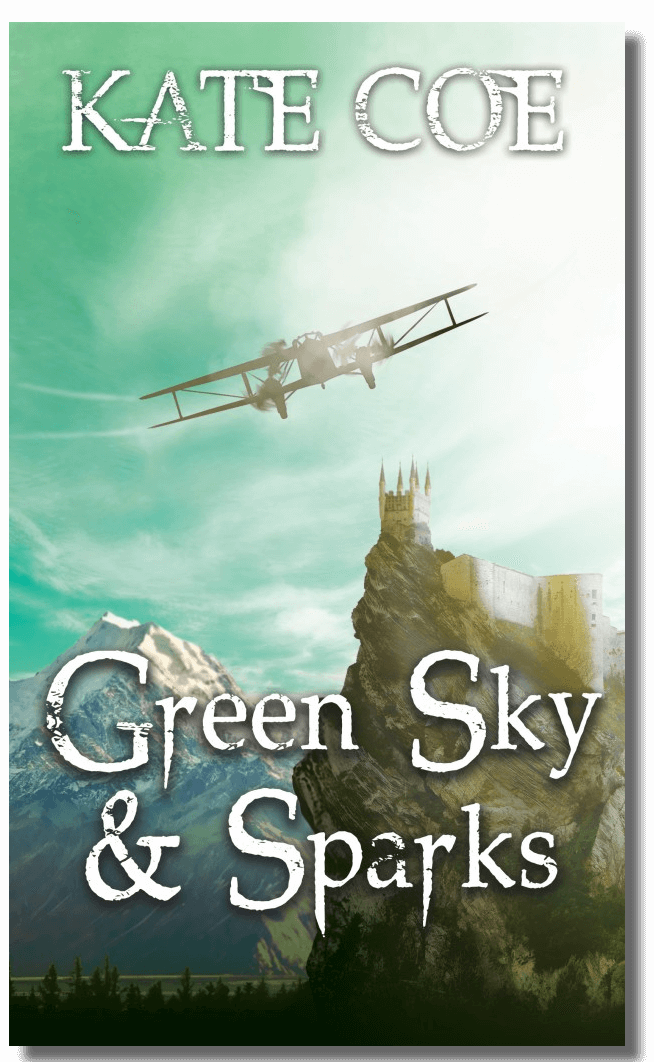What is an ISBN? Do I need one to publish my book?
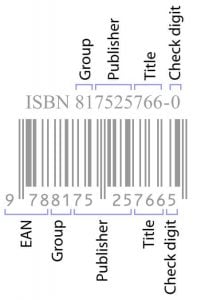
Sakurambo at English Wikipedia [GFDL] CC-BY-SA-3.0 or CC BY-SA 2.5-2.0-1.0 via Wikimedia Commons
An ISBN is an International Book Standard Number. It identifies the book, and it’s usually printed with the barcode on the back and on the book’s title page. If an ISBN was assigned before 2007, it’ll be 10 digits long. If it’s after that, it’ll be 13 digits long.
The ISBN records the book’s metadata – so the publisher, the title and the country that it was published in – and is unique to that book. This means it can be easily identified by any bookseller or library.
What do the numbers in the ISBN mean?
The numbering system can get pretty complicated (check out the Wikipedia page if you want an in-depth analysis) but basically the numbers tell you the country, the publisher and the title, and the final digit is a checking number to ensure the code’s correct.
Do I need an ISBN?
Basically, yes. If you’re planning on just printing a book as a gift or a private record, you don’t need an ISBN. But if you’re planning on selling your book, or think you might want to sell it or give it away more widely in the future, you need an ISBN.
What is the barcode for? Do I need a barcode?
The barcode on a book is the ISBN in a machine-readable format. If you’re planning on selling hard copies of your book, then you will need a barcode.
Usually, barcodes are provided by the publisher or self-publishing companies. It’s only if you’re getting your book printed privately that you’ll need to purchase a barcode along with your ISBN.
Who sells ISBNs? Where can I get mine?
ISBNs are sold by national agencies in each country. In the US, Bowker deals with ISBN purchases; in the UK, it’s Nielsen. If you put in “ISBN” and *your country* into Google, you should be able to find out who issues them for your region.
I’m signed with a publisher, or self-publishing via a self-pub service. Do I need to buy ISBNs?
No. If you have signed a deal with a publisher, they will provide you with your ISBNs as part of that deal. If you’re publishing through a self-publishing house such as Lulu, Smashwords or CreateSpace, they usually provide you with an ISBN and barcode, and they will be listed as that book’s publisher. Some services do charge a nominal fee for ISBNs – check the Terms & Conditions.
Publishers buy ISBNs in blocks (which works out a lot cheaper) and then provide them individually to their authors. If you’re considering self-publishing, it’s worth looking at one of the self-pub services just for this benefit!
I want to buy ISBNs myself. How many should I buy? Why is it so expensive?
The cost depends on where you live. For example, in Canada ISBNs are issues for free to encourage culture, whereas Australia and the UK are both pretty expensive. Unfortunately you do need to buy an ISBN for the region that you are originally publishing in, and in some countries, you also have to register as a publisher to be able to buy ISBNs.
If you are buying ISBNs yourself, it’s usually better to buy in a block. They don’t expire so if you think you’re going to be publishing more than one book (or one book in several different formats), you’re better off buying several at once rather than individually as you need them.
What’s the difference between an ISBN and an ASIN?
An ASIN is the Amazon Standard Identification Number, used to identify a product within the Amazon market. Unlike the ISBNs, it’s not guaranteed to be unique so it could be used on several different products around the world, and the same product can have a different ASIN for each country marketplace.
If a book has a 10-digit ISBN, this will often be used for the ASIN. Otherwise, the ASIN will be assigned from scratch and won’t have any relation to the ISBN.
Many channels do not require you to have an ISBN to sell your ebook (Amazon, iBooks, Kobo) – do I really need one?
If you are selling your ebook in a proprietary format – for example, via Kindle Direct Publishing, Kobo Books, Google Play Books or Apple’s iBooks – then no, you do not need an ISBN. However, you have to use their publishing system to publish your book.
If you’re creating an ebook yourself (so not directly through one of these services) then you will need an ISBN; for example, you can add a book created with Smashwords to Apple iBook, but you do need an ISBN to do this.
Even if you don’t need an ISBN for one of the proprietary services, having an ISBN is encouraged for all ebooks: it provides a standard identifier for that book, creates a record in a central place and sets up your metadata. Also, if you think that your ebook will ever end up in a library or a borrowing scheme, you’ll need an ISBN for it.
I’m doing a print book and an ebook. Do I need two ISBNs, or can I use the same one?
You cannot use your print book ISBN for an ebook version of the same book. You need a different ISBN for each variation of your book – so you need one for your paperback, your hardback, your audiobook and your ebook.
Ideally, you also need a separate ISBN for each file format of your ebook – so epub, pdf and mobi would need different ISBNs. However, most publishers don’t do this as it uses up their stock of ISBNs, and it isn’t vital for identification.
If I make changes to my book, do I need a new ISBN?
If you’re just reprinting your book with minimal changes – for example, correcting spelling errors or minor formatting issues – then no, you don’t need a new ISBN.
If your book is different enough that you’re making editing changes, or telling your audience about it – for example, putting “Second Edition” or “New and Revised” or “Updated” – then yes, it is essentially a new work and you would need a new ISBN.
Green Sky & Sparks
by Kate Coe
- What is a writing competition? Why should I pay to enter? - November 15, 2018
- How to Write the Book Introduction to Hook Your Reader - October 7, 2017
- How to Write: Self-Publishing Your Work Online - October 1, 2017
